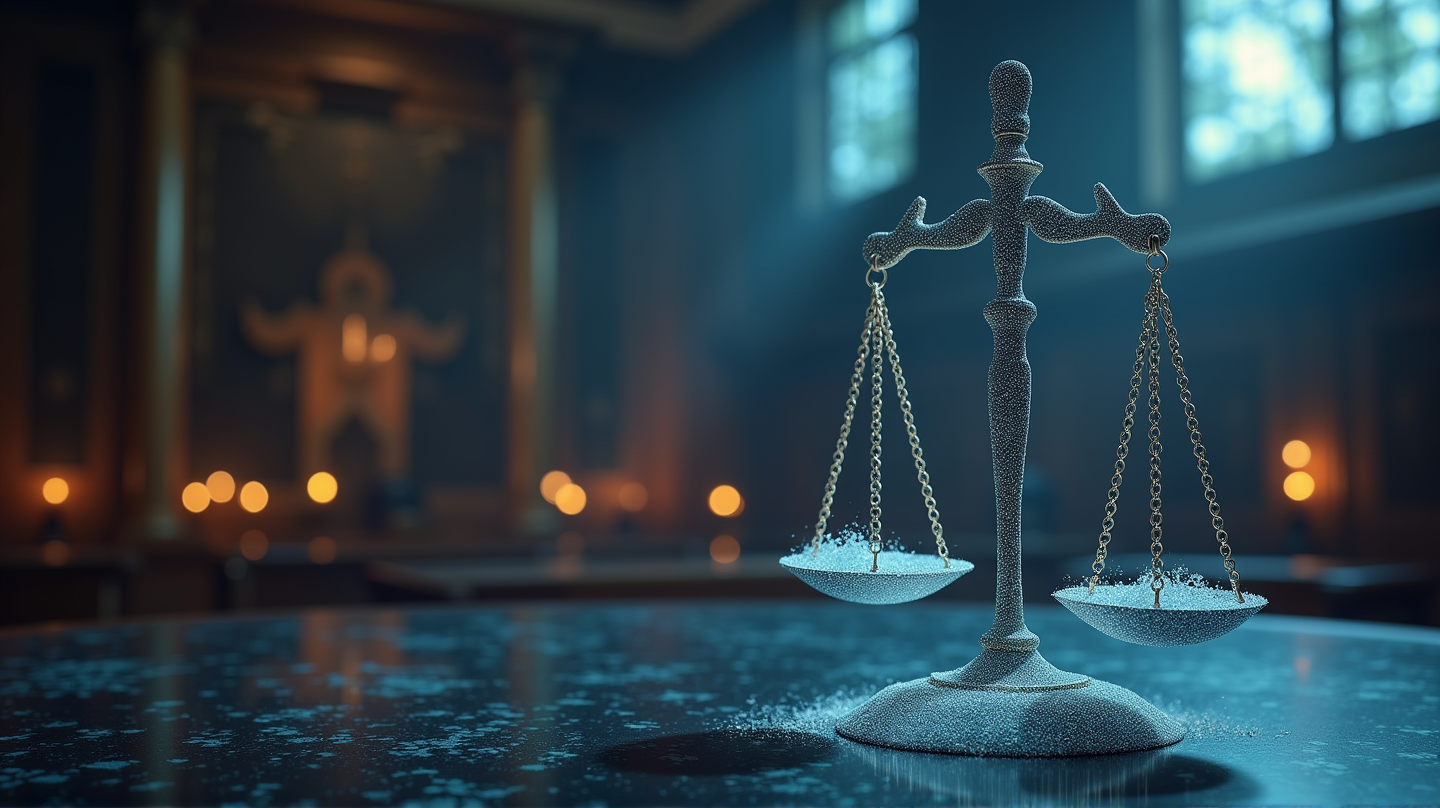A Surprising Legal Move by Getty Images
In an unexpected development at Britain’s High Court, Getty Images made the strategic decision to withdraw its copyright allegations against artificial intelligence company Stability AI. This decision has attracted attention given the trial’s potential impact on the creative and technology industries.
The Complexity of AI and Copyright
Getty Images has long been at the forefront of challenging AI systems that train on vast datasets of online images, sparking legal battles both in the United States and the United Kingdom. However, technical challenges in linking Stability AI’s practices directly to the UK seemed to be a significant hurdle in Getty’s pursuit of copyright claims. This complexity partly stems from Stability’s reliance on U.S.-based platforms for training its AI, a point emphasized by experts observing the trial.
A Strategic Shift in Legal Strategy
By dropping the copyright claims, Getty is focusing its efforts on trademark infringement, alleging that Stability’s models were trained on images bearing Getty’s watermarks. Stability’s London-based operations came under scrutiny as the AI outputs occasionally reproduced these watermarks, sparking concerns over indirect copyright infringements.
Implications for the Future of AI Litigation
This legal move is seen as a recalibrated focus within a broader legal strategy. AI legal expert Alex Shandro notes that the decision might also be strategically aligned with ongoing U.S. suits, where similar claims continue to unfold. Experts like Nina O’Sullivan from Mishcon de Reya assert that the final outcomes of these legal battles will influence the governance of AI technologies across borders.
Stability AI’s Response and the Trial’s Conclusion
Stability AI welcomed Getty’s decision, emphasizing the significance of the ongoing trial and expressing gratitude for the detailed consideration the U.K. court has granted these pressing issues. As closing arguments continue, the AI and creative industries await a judgment that could set a precedent in how AI-generated content is legally perceived.
The Road Ahead
The final verdict in this high-profile case will likely echo across industries, offering insights into the balance between innovation and intellectual property rights. The results of this case may define future operational norms and legal expectations concerning AI-generated imagery and creative content distribution.
As stated in thecanadianpressnews.ca, this landmark case could reshape the legal landscape for AI technology. The final judgment is anticipated with keen interest, for it will determine how nations such as the U.K. manage the ethical distribution of AI tools trained overseas.
Stay tuned as we track the developments and explore the implications for various stakeholders in this unfolding legal saga.
